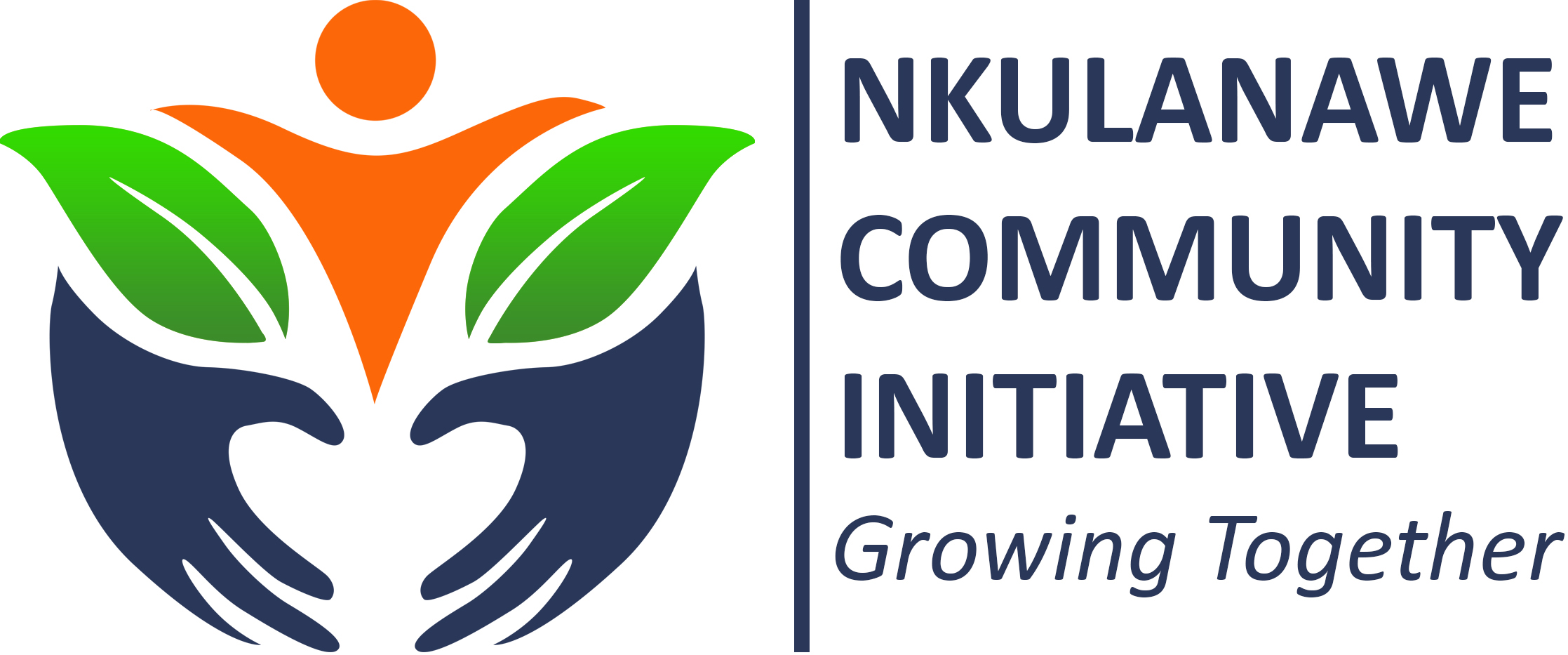Tree Planting
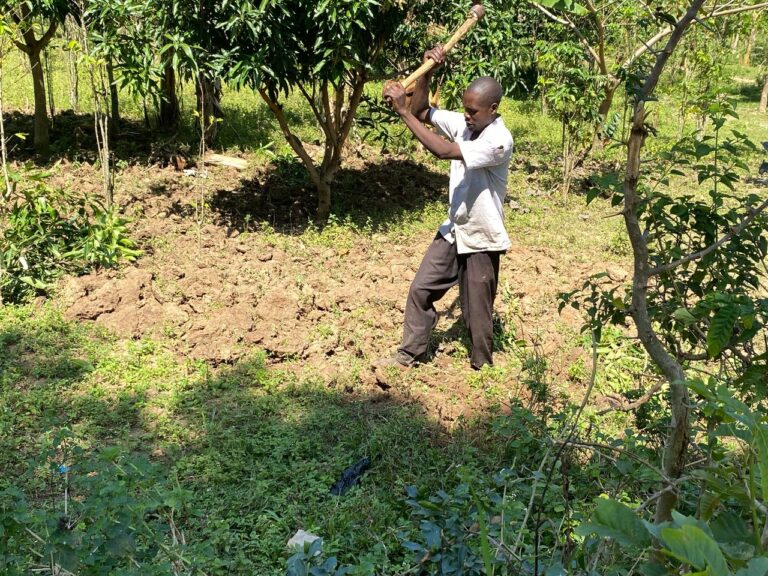
The Problem
- About 60%of the population in sub-Saharan Africa consists of smallholder farmers, with nearly 50% living in poverty.In Uganda, over 80%of farmers rely on rain-fed agriculture, making them vulnerable to climate change.Post-harvest losses account for 30-40% of total agricultural production due to inadequate storage and market access.
Our Solution
At the Nkulanawe Initiative, we take a holistic, community-led approach to sustainable development. Our focus is on empowering smallholder farmers through agroforestry by providing seedlings of both fruit-bearing and indigenous trees. These trees offer not only significant economic benefits but also contribute to environmental health and biodiversity.
We train farmers on best practices in agroforestry, ensuring that the trees grow and thrive, enhancing income generation and promoting sustainable land use. To further support our efforts, we establish local tree nurseries that grow fast, ensuring a reliable supply of quality seedlings for the community.
This approach fosters resilience to climate change, encourages reforestation, and creates lasting economic opportunities, all while improving the well-being of the community and the environment.
Financial Inclusion & Microloans
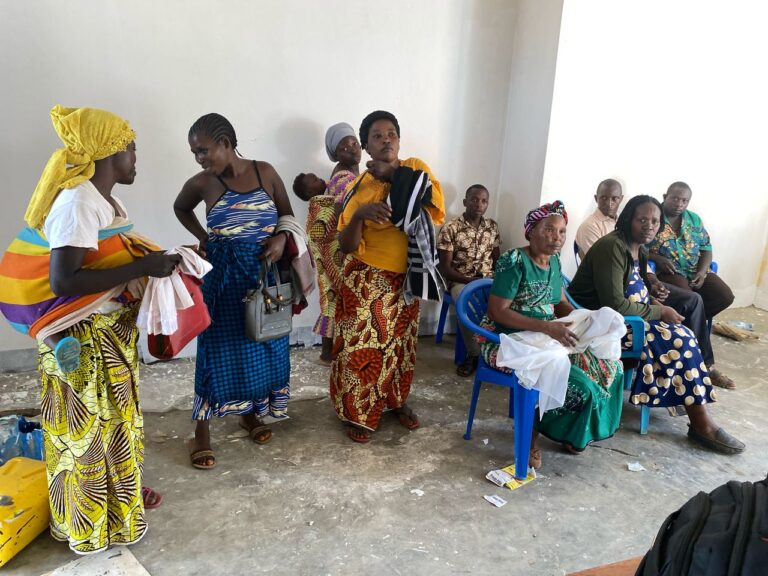
The Problem
- In sub-Saharan Africa, approximately 57%of adults lack access to formal financial services.
- In Uganda, this figure stands at about 63%.Women are disproportionately affected, with only 34% having access to financial institutions compared to men.
Our Solution
Our approach to financial inclusion is designed to empower women and youth through targeted training programs. Over the course of 2 to 3 weeks, participants are trained in business management, financial literacy, and budgeting skills. After completing the training, each group works together to create a collective business plan and budget, ensuring they are well-prepared for managing and scaling their businesses. Once they have developed their business strategies, the group is financed, providing them with the capital to kick-start their ventures. After the first group successfully returns, we then move on to financing another group, creating a cycle of financial empowerment and opportunity. This process not only fosters economic independence but also helps build a community of resilient entrepreneurs, particularly among women and youth.
Agricultural & Seed Loan Program
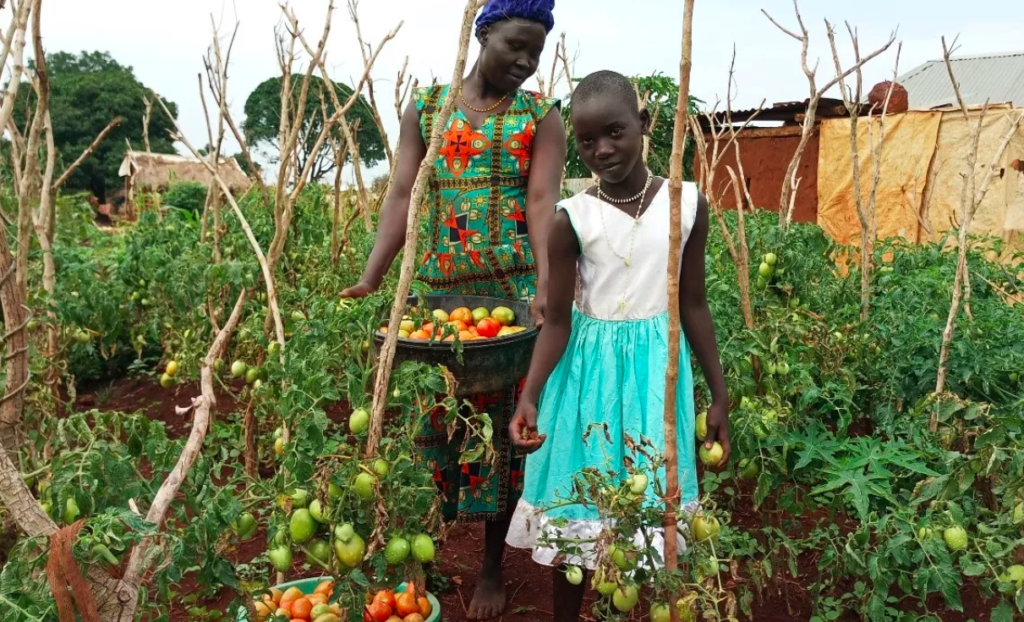
The Problem
- About 60%of the population in sub-Saharan Africa consists of smallholder farmers, with nearly 50% living in poverty.
- While South Asia saw up to a 120%increase in crop yield during the Green Revolution, sub-Saharan Africa continues to struggle with low productivity.
- In Uganda, over 80%of farmers rely on rain-fed agriculture, making them vulnerable to climate change.Post-harvest losses account for 30-40% of total agricultural production due to inadequate storage and market access.
Our Solution
To combat food insecurity and improve agricultural productivity, we provide high-quality seeds as loans to smallholder farmers, especially women.
How It Works:
A woman receives 10 kg of bean seeds as a loan.
In three months, she harvests about 100 kg of beans.
She returns 20 kg to the program, ensuring sustainability.
The remaining 80 kg is for food, replanting, or selling for income.
Solar Pay-It-Forward Model
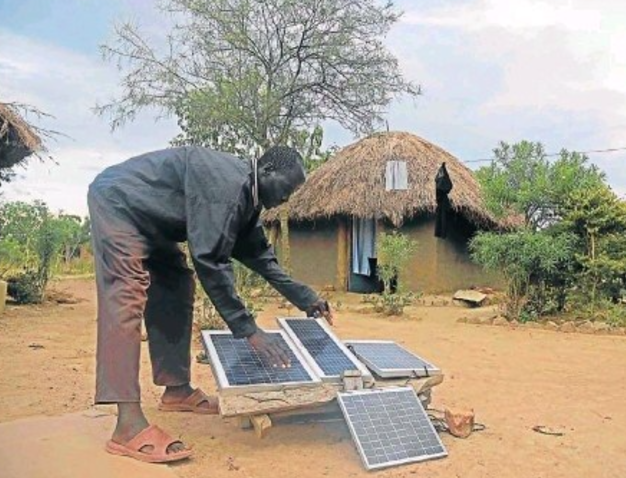
The Problem
- More than 600 million peoplein sub-Saharan Africa lack access to electricity.
- In Uganda, only 42%of the population has electricity access, with rural areas lagging at about 19%.
- Families relying on kerosene and firewood spend up to 30% of their incomeon
Our Solution
Many rural families rely on kerosene lamps, candles, and firewood, which are costly, unhealthy, and harmful to the environment. Our solar energy financing model enables women to switch to affordable, clean electricity. No Upfront Cost: Women receive solar systems without immediate payment.
Flexible, Interest-Free Repayments: They repay in small, manageable installments.
Pay-It-Forward: Once a system is fully paid, another family gets access.
Impact: Improves children’s education, business productivity, and health.
Clean Water for Rural Households
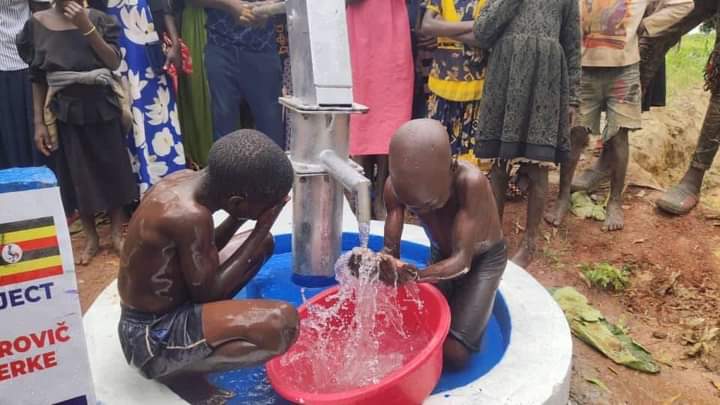
The Problem
Following historic conflicts, 30 years of stability have produced a steadily growing economy in Uganda. But 19.2 million people still do not have clean water. Much of Uganda is open water and swampland, but this water is undrinkable. Meanwhile, high demand and poor management lead to shortages of clean groundwater – facilities are under strain in towns and cities, and the springs and wells that rural communities rely on are mostly used up.
our Model
Household Water Filtration Systems: We distribute water filtration units that remove bacteria and contaminants, making water safe for drinking.
Rainwater Harvesting: We equip homes with rainwater collection systems to ensure access to water throughout the year.
Low-Cost Boreholes: We install boreholes in community clusters, ensuring every household has access to clean water nearby.
Community Training & Hygiene Education: Families receive education on water conservation, sanitation, and maintenance of filtration systems
